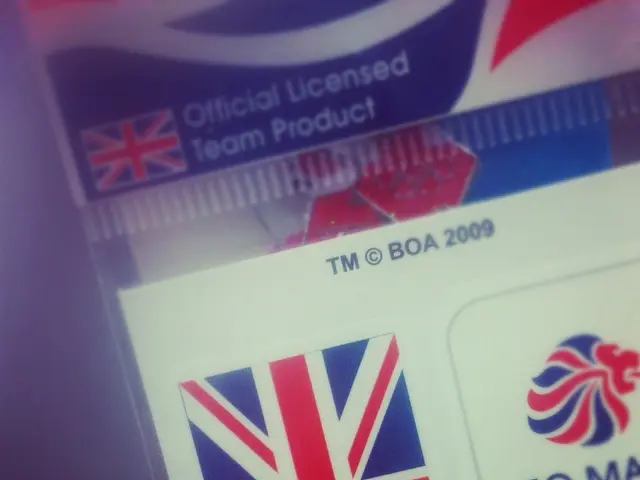Government prepares consultants for administration takeover of Thames Water utility company
Thames Water Faces Special Administration: What It Means for Londoners and Taxpayers
Thames Water, the UK's largest water company, is facing a financial crisis after a planned investment deal with private equity giant KKR fell through. The company's debts now exceed £20bn, leaving it in a precarious position.
In the event that Thames Water enters a Special Administration Regime (SAR), it would be placed under a form of insolvency protection designed to keep essential water services running using Thames Water’s own revenues from customer bills, rather than relying on taxpayer funding.
This means that SAR would keep Thames Water operational, avoiding taxpayer bailouts. Ministers are preparing for SAR with appointed insolvency specialists, such as FTI Consulting, but aim to avoid triggering it through private sector rescue deals.
Special administration costs could be recovered from customer bills per the Water (Special Measures) Act 2025, not from taxpayer general funds. However, legal challenges have been launched demanding clarity and transparency from the government regarding the policy on applying SAR to Thames Water.
If Thames Water winds up, it would be placed into a Special Administration regime (SAR) due to providing an essential public service. This regime aims to ensure accountability and reform within the company, rather than providing a government bailout.
The success of ongoing negotiations relies on Thames Water being able to make reduced or late payments on its loans. If Thames Water cannot secure a private bailout, the company could be at risk of entering SAR, which could add to pressure on public finances.
Ofwat, the main regulator, has discussed plans to spend £20bn in the next five-year period if Thames Water cannot make an appeal. These plans are being discussed with industry groups, but it's worth noting that the government is pushing ahead with reforms in the water sector.
Thames Water has faced multiple penalties in the past years, including a single fine of £122.7m over its sewage failures and a report suggesting it faces £1.4bn in fines from regulators. The company's financial woes come as the government is also dealing with the fallout from the decision to save British Steel from breaking down, which cost taxpayers up to £1bn.
In conclusion, if Thames Water enters a Special Administration Regime, there would be limited direct impact on general taxpayers but potential implications for Thames Water customers via their bills and significant restructuring within the company. The government is acting in the national interest on these issues and has reached out to top insolvency practitioners, including FTI Consulting, in the scenario Thames Water falls into special administration. The government is also pushing ahead with reforms in the water sector.
- The financial crisis faced by Thames Water, the UK's largest water company, has sparked debates in the fields of finance, business, and politics, not just within the water industry but also in the general news arena.
- The Special Administration Regime (SAR) that Thames Water might enter is a topic of interest in the markets, as it could potentially impact Thames Water customers through their bills and lead to significant restructuring within the company.
- The ongoing negotiations surrounding Thames Water's financial predicament intersect with the crime-and-justice sector, as questionable past penalties and regulatory fines have compounded the company's financial woes.
- The government's preparation for Thames Water's potential entry into SAR, while aimed at avoiding taxpayer bailouts, has faced legal challenges demanding transparency in the application of SAR to Thames Water.





